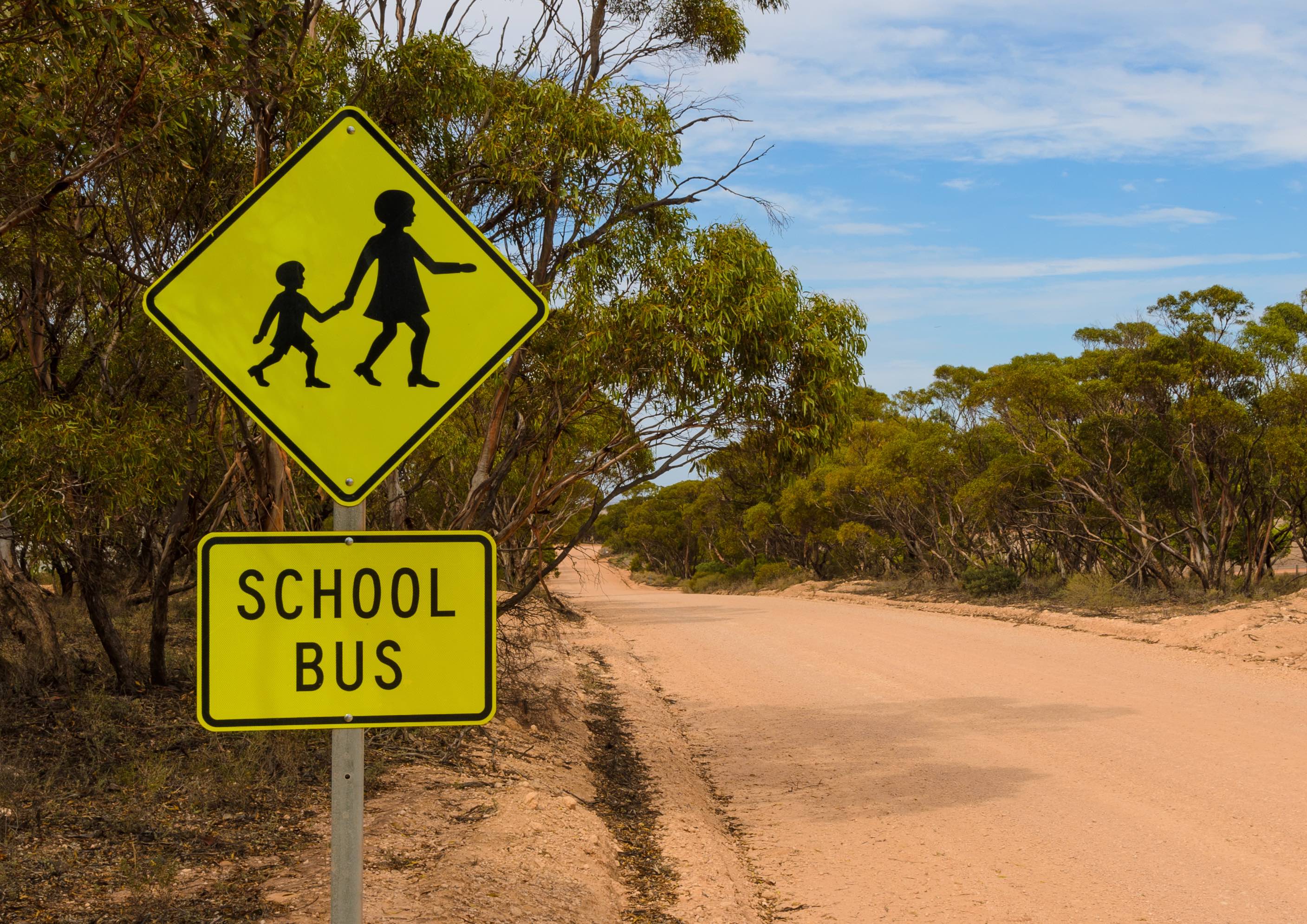Expert panel to progress year one phonics test

The Turnbull Government has announced an expert group of principals, teachers, speech specialists, academics and researchers will progress the staged implementation of a nation-wide phonics assessment and the development of a numeracy check.
Minister for education and training Simon Birmingham said the short assessments of year one students’ literacy and numeracy skills are backed by evidence and will provide early identification of those students who are behind so they can be targeted with interventions before the achievement gap grows.
Minister Birmingham said following three significant national and international reports in 2016 that showed Australia’s education performance at best plateauing and at worst declining and the gap between our brightest and struggling students widening, this reform was deliberately targeted at those students who start school “behind the pack”.
“The time to act is now if we’re going to turn around our declining national and international education results. We can’t afford to wait any longer,” Minister Birmingham said.
“These highly regarded academic, health and education experts will drive these reforms, establish an implementation plan including an initial pilot to be scaled up to an early years’ skills check for all Australian students. They will consider the frequency, timing and core skills to be assessed prior to reporting by mid-2017.
“This panel will also consider existing examples from Australia and overseas, such as the year one phonics check used in England that involves children verbally identifying letters and sounds in both real words and made up words to show a child’s understanding of how language works.
“Similar numeracy checks see children undertake tasks such as simple counting, recognising numbers, naming shapes and demonstrating basic measurement knowledge.”
“Importantly, these skills check are not expected to be a confronting test but rather a light touch assessment that ensures teachers, parents and schools know at the earliest possible stage if children aren’t picking up reading or counting skills as quickly as they should, enabling them to intervene rapidly,” the minister advised.
“In England, the improvement in the first five years of students taking part in the Year 1 Phonics Screening Check has been significant and includes the number of children meeting the expected standard from just over half in the first year to more than eight in 10 this year. The results are even more promising in the year following a student completing the initial assessment.
“It is important to identify if a child is not learning to read effectively, because then you can intervene and you can fix that problem, while evidence indicates that once a child reaches the age of eight there are enormous challenges to turning that around and the learning gap only blows out further.”
Minister Birmingham said the panel that would report back to Education Council in mid-2017 would consist of:
• Ms Mandy Nayton OAM – Chief Executive Officer, Dyslexia-SPELD Foundation, Western Australian President AUSPELD
• Professor Pamela Snow – Head of the La Trobe Rural Health School, registered psychologist, having qualified originally in speech pathology
• Dr Jennifer Buckingham – Education Research Fellow the Centre for Independent Studies
• Mr Steven Capp – Principal, Bentleigh West Primary School Victoria
• Professor Geoff Prince – Director, Australian Mathematical Sciences Institute
• Ms Allason McNamara – Maths Teacher at Trinity Grammar, Kew, Vic, President Australian Association of Mathematics Teachers (AAMT
Not all responses have been favourable. In her November 2016 article titled, ‘A new phonics test pointless: a waste of precious money buying it from England’, Misty Adoniou, ssociate professor in language, literacy and TESL, University of Canberra wrote: “Identifying the children who are struggling with phonics isn’t hard. It is very evident to teachers, and we already test for it. We don’t need another test to tell us what the problems are. We need solutions.”
The terms of reference for an early years’ assessment expert panel can be found at http://docs.education.gov.au/documents/terms-reference-expert-advisory-panel-national-literacy-and-numeracy-check-year-1-check







